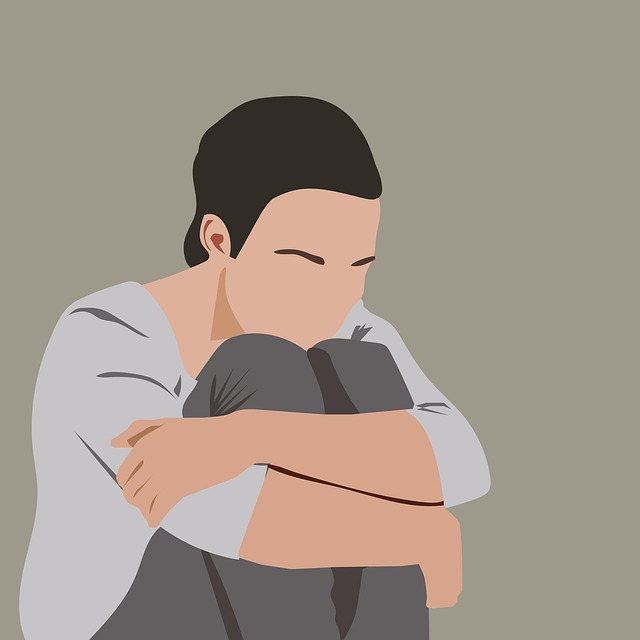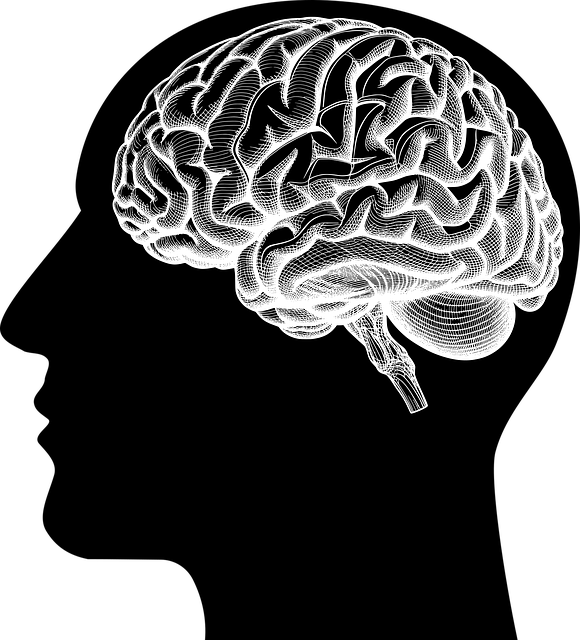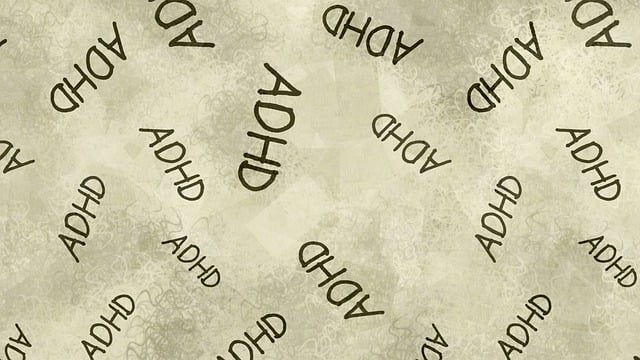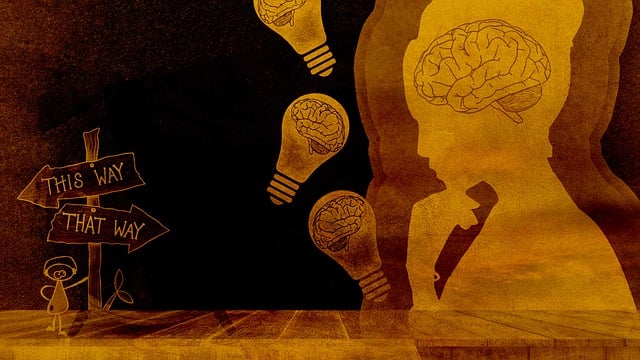Boulder Oppositional Defiance Disorder (BODD) significantly impacts individuals' lives, requiring tailored therapy involving compassion cultivation, communication techniques, individual/group therapy, community outreach, and coping mechanisms. An impactful mental health education program includes awareness raising, empathy-building strategies, cultural sensitivity, and diverse perspectives for validated care. Effective BODD workshops blend engaging content with interactive activities to enhance learning outcomes and foster communities. Implementing a mental health program within schools involves strategic planning, collaboration between counselors, teachers, and parents, focusing on self-esteem, empathy, emotional intelligence, and normalizing mental health discussions for improved well-being.
Mental health education programs play a pivotal role in fostering resilience and well-being, especially among young individuals. This article explores the design of an effective program focused on addressing Boulder Oppositional Defiance Disorder (BODD) and its impact on students. We delve into key components, content strategies, and implementation techniques for successful BODD therapy workshops in school settings. By understanding BODD’s nuances, creating engaging content, and employing thoughtful implementation, educators can revolutionize mental health support, ultimately enhancing the overall learning environment.
- Understanding Boulder Oppositional Defiance Disorder (BODD) and Its Impact
- Key Components of an Effective Mental Health Education Program
- Designing Engaging Content for BODD Therapy Workshops
- Implementation Strategies for Success in School Settings
Understanding Boulder Oppositional Defiance Disorder (BODD) and Its Impact

Boulder Oppositional Defiance Disorder (BODD) is a behavioral disorder characterized by a persistent pattern of angry and defiant behavior, often manifested through arguments with authority figures, active resistance to requests or rules, and deliberate attempts to annoy or upset others. This mental health condition significantly impacts individuals’ daily lives, affecting their relationships at home and school, academic performance, and overall well-being. The impact extends beyond the person diagnosed; it influences family dynamics and can create a challenging environment within communities.
Effective therapy for BODD often involves tailored strategies like compassion cultivation practices to foster understanding and empathy, along with communication strategies to enhance interactions. A comprehensive approach that includes both individual and group therapy sessions, as well as community outreach program implementation, has shown promise in managing symptoms. These interventions aim to empower individuals with coping mechanisms while promoting positive behavior changes, ultimately leading to improved relationships and a higher quality of life.
Key Components of an Effective Mental Health Education Program

An effective mental health education program should incorporate several key components to ensure it reaches its intended goals. First and foremost, Mental Health Awareness is essential; this involves equipping participants with a comprehensive understanding of various mental health conditions, their symptoms, and available treatment options. Programs should go beyond basic knowledge by teaching Empathy Building Strategies, fostering environments where individuals feel understood and supported, which can significantly impact the effectiveness of therapy for conditions like Boulder Oppositional Defiance Disorder (BOD).
Additionally, addressing Cultural Sensitivity in Mental Healthcare Practice is crucial. A well-designed program must consider the diverse backgrounds of participants and mental health professionals alike. Incorporating cultural perspectives in discussions and therapeutic techniques ensures that every individual feels validated and that their unique experiences are taken into account. This inclusive approach not only enhances the learning experience but also promotes more effective and accessible mental healthcare practices.
Designing Engaging Content for BODD Therapy Workshops

Designing engaging content for Boulder Oppositional Defiance Disorder (BODD) therapy workshops is a critical aspect of effective mental health education programs. Incorporating interactive and hands-on activities can significantly enhance learning outcomes, ensuring that participants actively engage with the material. These workshops should not only focus on teaching strategies to manage BODD symptoms but also foster a sense of community and shared understanding among attendees. Role-playing scenarios, group discussions, and creative exercises can all contribute to making the sessions dynamic and memorable.
Emphasizing resilience building within these workshops is key, as it empowers individuals to cope with challenges associated with BODD. By integrating activities that promote mental wellness and emotional regulation, participants gain valuable tools for self-management. A well-designed Mental Health Education Program should thus combine informative content with engaging delivery methods, fostering an environment conducive to learning and personal growth while addressing the unique needs of those dealing with BODD.
Implementation Strategies for Success in School Settings

Implementing a mental health education program within school settings requires careful planning and strategic approaches to ensure its success. One effective strategy is integrating therapy models tailored for specific challenges, such as Boulder Oppositional Defiance Disorder (BODD) Therapy, into existing curricula. This collaborative approach involves not only school counselors but also teachers and parents, fostering a supportive ecosystem that normalizes conversations about mental health.
Additionally, focusing on Self-Esteem Improvement and Empathy Building Strategies can significantly enhance program outcomes. Incorporating activities that promote Emotional Intelligence allows students to recognize and manage their emotions effectively. These strategies not only cater to individual needs but also create a more compassionate school environment where peers learn to support one another, fostering a sense of belonging and overall well-being.
Mental health education programs play a pivotal role in addressing issues like Boulder Oppositional Defiance Disorder (BODD). By integrating key components, engaging content, and effective implementation strategies, we can foster environments that support students with BODD. These workshops not only enhance understanding but also equip educators and peers with the tools to provide meaningful support, ultimately revolutionizing how we approach mental health in schools. Boulder Oppositional Defiance Disorder therapy becomes more accessible and effective when embedded in comprehensive education programs.














